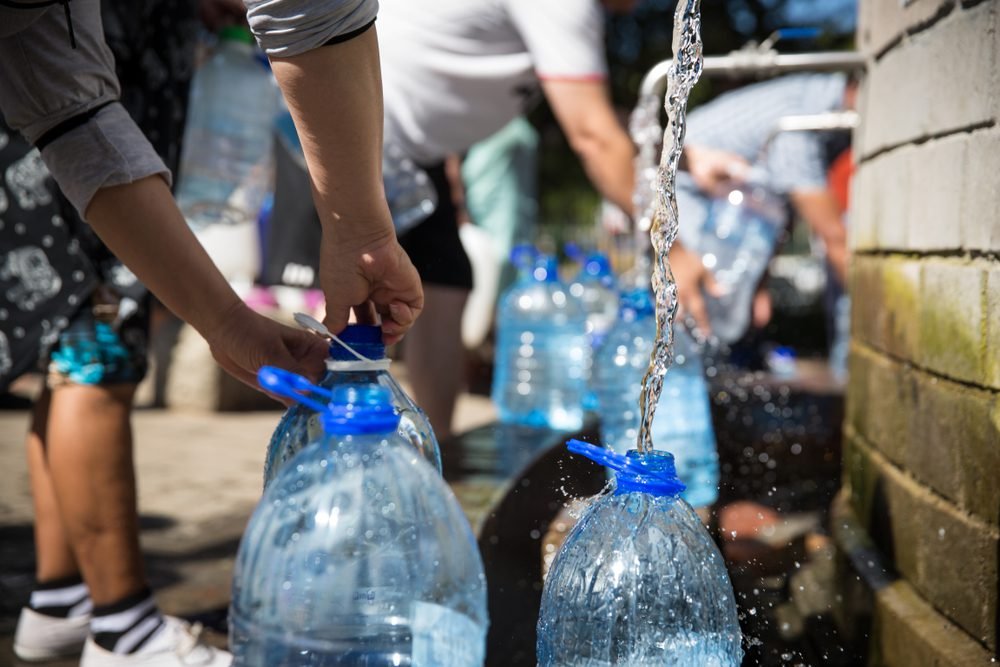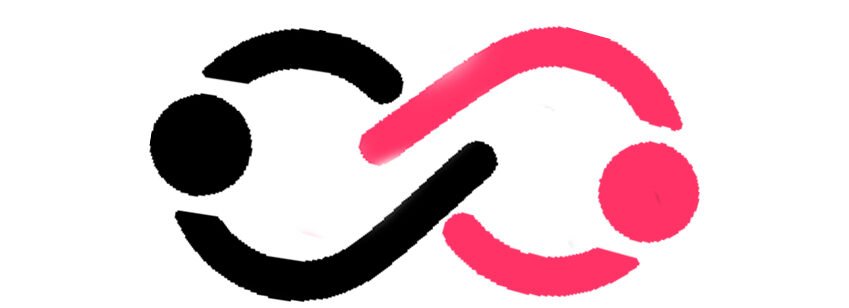Water is an essential resource when planning any camping trip. Whether you’re heading to a remote wilderness area or a well-equipped campground, understanding how much water you need and how to manage it efficiently is key. If you’re asking how long 230 gallons of water will last while camping, several factors come into play, such as the number of campers, daily consumption, and the type of activities planned. This article will help you assess your water usage, maximize efficiency, and ensure your supply lasts for the duration of your adventure.

Daily Water Requirements
Before determining how long 230 gallons of water will last, it’s important to consider daily water needs. On average, an adult requires between 0.5 to 1 gallon of water per day just for drinking. Other factors, such as cooking, hygiene, and cleaning, will further add to your overall water usage.
Group Size and Water Consumption
To understand how long should 230gals of water last camping, you must first assess daily water needs.The size of your group plays a crucial role in determining how long 230 gallons of water will last. For example, a family of four may use around 3 gallons of water per person daily, accounting for drinking, cooking, and hygiene. In this scenario, 230 gallons of water could last around 19 days, assuming moderate use.
Water for Drinking
Drinking water is the top priority when camping, especially in hot or dry climates. Each person should plan to drink at least 1 gallon of water per day to stay properly hydrated. So, for a group of four, that’s 4 gallons per day just for drinking water.Continue reading here clubneet.
Water for Cooking
Cooking uses a significant amount of water, especially if your meals involve boiling or rinsing. On average, campers use 1-2 gallons of water daily for food preparation and cooking. If your meals require minimal preparation (such as pre-packaged foods or grilling), you can reduce your water consumption, extending how long 230 gallons will last.
Hygiene and Cleaning
Personal hygiene is another factor to consider. Bathing, brushing teeth, and washing hands can use up to 1 gallon per day per person. Depending on your camping style (primitive vs. campground with facilities), water usage for hygiene can vary greatly.
Washing Dishes
Washing dishes also consumes a significant amount of water—around 2 gallons per day, depending on how often you cook and clean. You can reduce this by minimizing dish usage or using biodegradable wipes for cleaning.
Hot Climates and Increased Water Use
In hot climates, your water consumption will increase. You’ll need to drink more water to stay hydrated as higher temperatures lead to more perspiration. This could significantly reduce how long 230 gallons of water will last. Plan for extra water in hot or dry environments.
Cold Weather Considerations
In colder weather, you may use less water for drinking but may need more for cooking hot meals or making warm drinks. The climate you’re camping in will affect your water needs, so plan accordingly to make your supply last.
Activity Level and Water Needs
Physical activities such as hiking, biking, or kayaking will increase your water requirements. The more active you are, the more water you’ll need to drink to stay hydrated. For strenuous activities, add an extra gallon per person per day to your calculations.
Pets and Their Water Needs
If you’re bringing pets, their water needs must be accounted for as well. For example, a medium-sized dog might need up to half a gallon of water per day. If you’re camping with multiple pets, this will significantly impact how long 230 gallons of water will last.
Reusing Water
To stretch your water supply, consider reusing gray water (used for dishwashing or bathing) for tasks like cleaning gear or dousing fires. This can help conserve clean water for drinking and cooking.
Water Filtration Systems
Bringing a portable water filtration system can act as a backup, allowing you to replenish your water supply from natural sources like rivers or lakes. While 230 gallons may seem sufficient, having a filtration system as a backup is a wise choice for extended trips.
Short vs. Long Trips
For shorter trips (a weekend getaway), 230 gallons of water will likely be more than enough. However, for longer trips, you’ll need to carefully monitor your usage. If you’re camping for a week or more, efficient water use will be essential to avoid running out.
Impact of Cooking Methods
Some cooking methods, like grilling or using pre-prepared meals, can help conserve water. If you rely on cooking techniques that require little to no water, your supply will last longer. For example, cooking with foil packets or freeze-dried meals requires far less water than boiling pasta or rice.
Water for Cleaning Gear
Don’t forget to account for the water needed to clean your camping gear, utensils, and vehicles. If you’re diligent about minimizing unnecessary cleaning, you can make your 230 gallons last much longer.
Water for Fire Safety
Always keep a few gallons of water reserved for fire safety. Many campgrounds and wilderness areas require campers to completely extinguish their fires before leaving or sleeping, which can deplete your water supply if not planned for.
Water Storage Solutions
Transporting and storing 230 gallons of water requires sturdy containers, whether portable tanks or collapsible water containers. Managing your supply effectively can help ensure your water lasts throughout the trip.
Collecting Rainwater
If you’re camping in an area where rain is common, consider setting up a rainwater collection system to supplement your supply. This can extend your water supply by several days if done effectively.
Emergency Water Planning
Always plan for unexpected situations, such as delays or equipment malfunctions, which may prolong your trip. Rationing your water carefully and monitoring your usage can help in these scenarios.
Monitoring Water Use
To ensure you don’t run out of water unexpectedly, monitor your daily usage. Keep track of how much water is consumed for drinking, cooking, and hygiene, and adjust accordingly.
Sustainable Water Practices
To extend your water supply, practice sustainable camping habits like using minimal water for non-essential activities or opting for dry baths using wipes. This will help you conserve water and prolong your 230 gallons.
Supplementing Water Supply
If you’re camping near a natural water source like a river or lake, you may be able to refill your supply using a filtration system. This can greatly extend how long your 230 gallons of water will last.
Conclusion
The duration that 230 gallons of water will last while camping depends on factors such as group size, daily water use, environment, and activities. With careful planning, strategic water conservation, and the use of backup methods like filtration or rainwater collection, 230 gallons should be sufficient to support a family on an extended camping trip.


